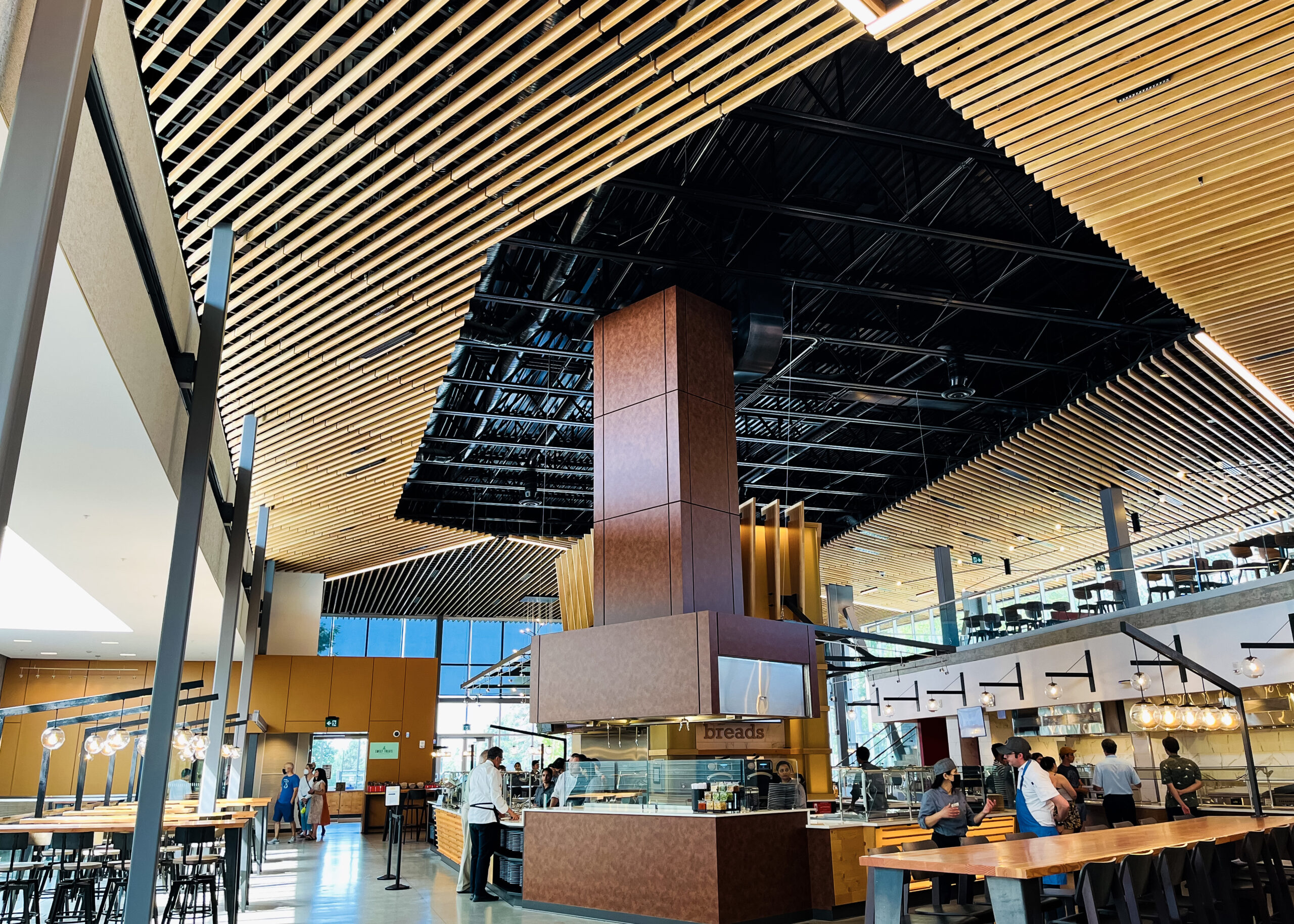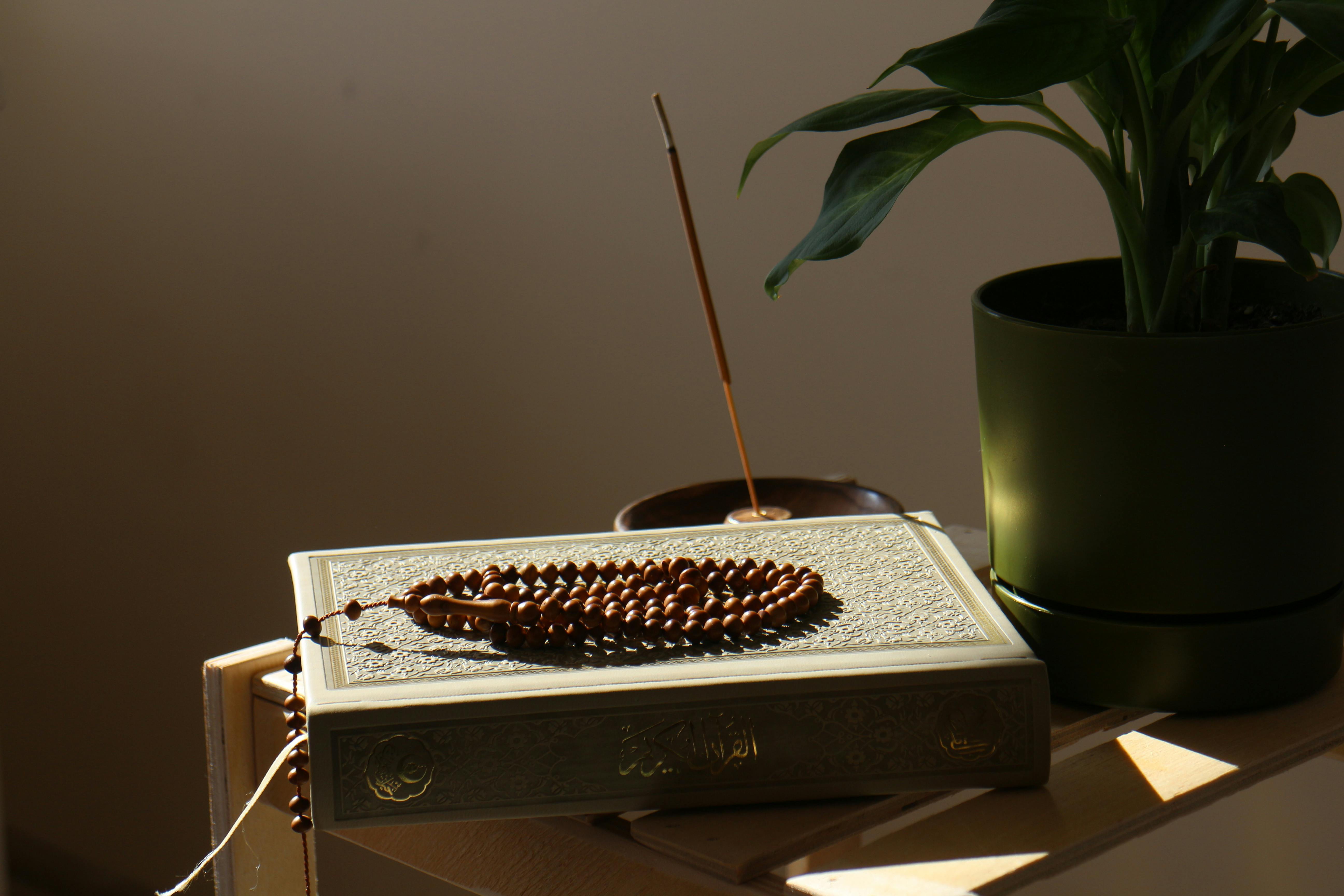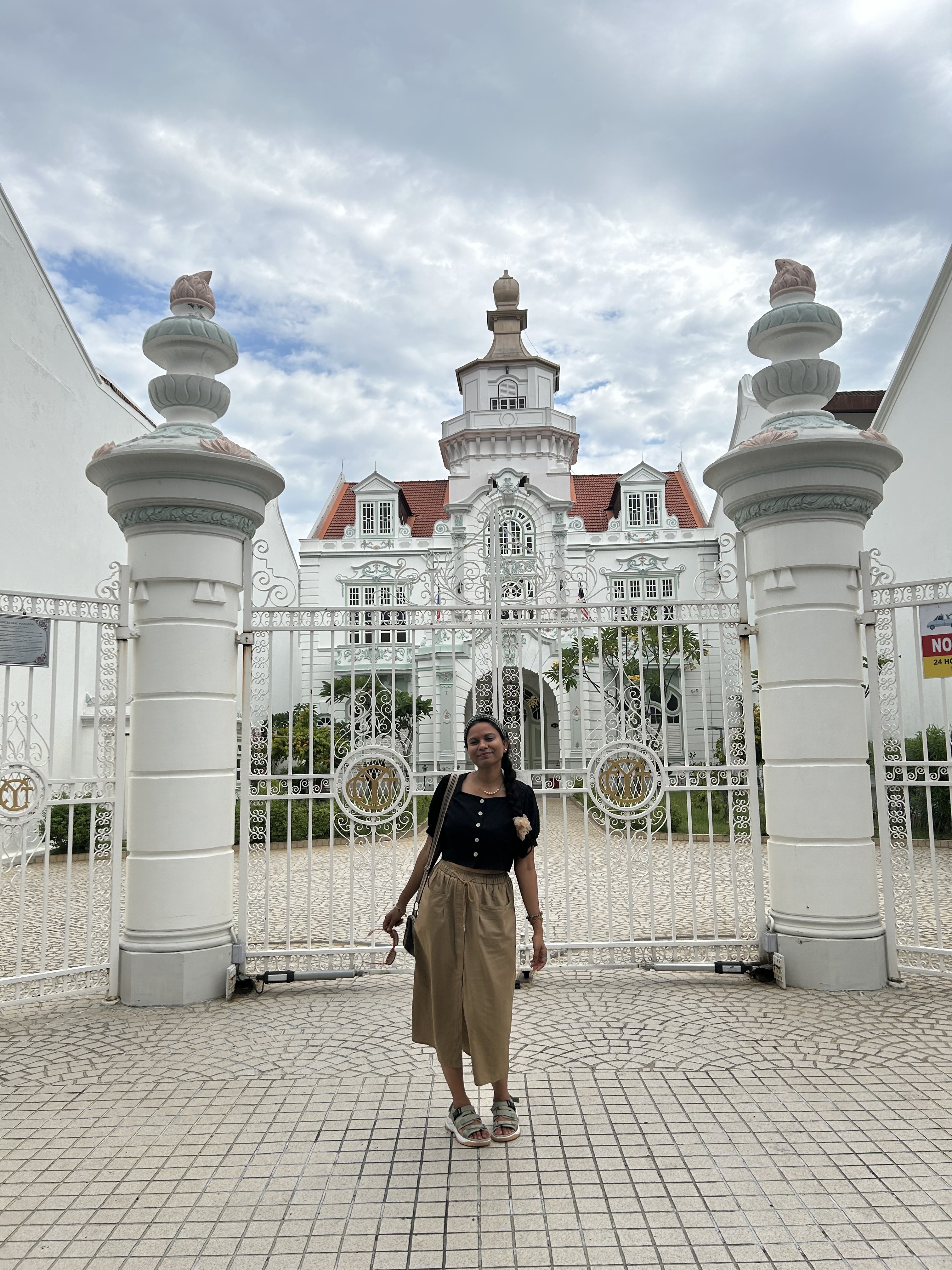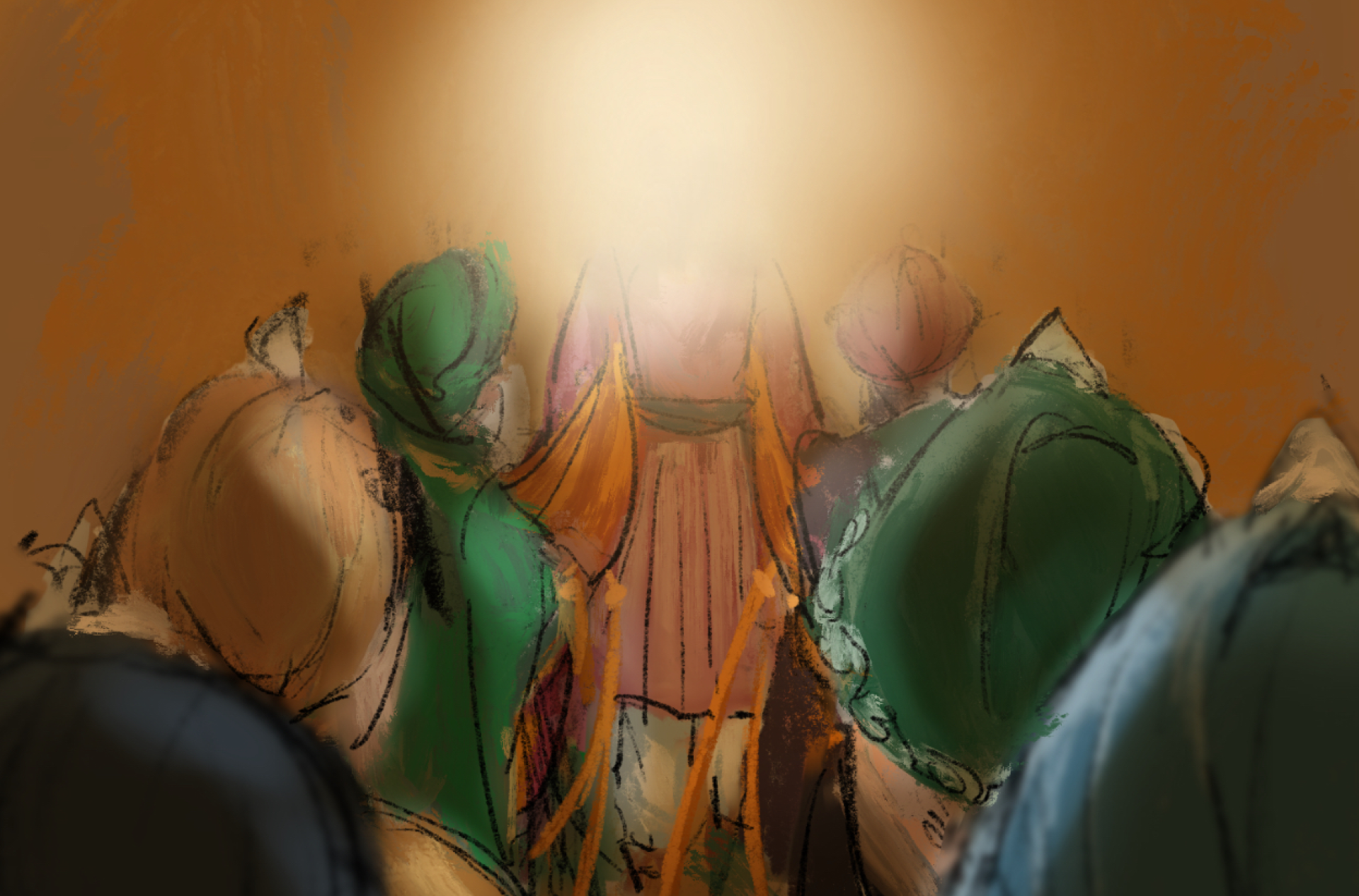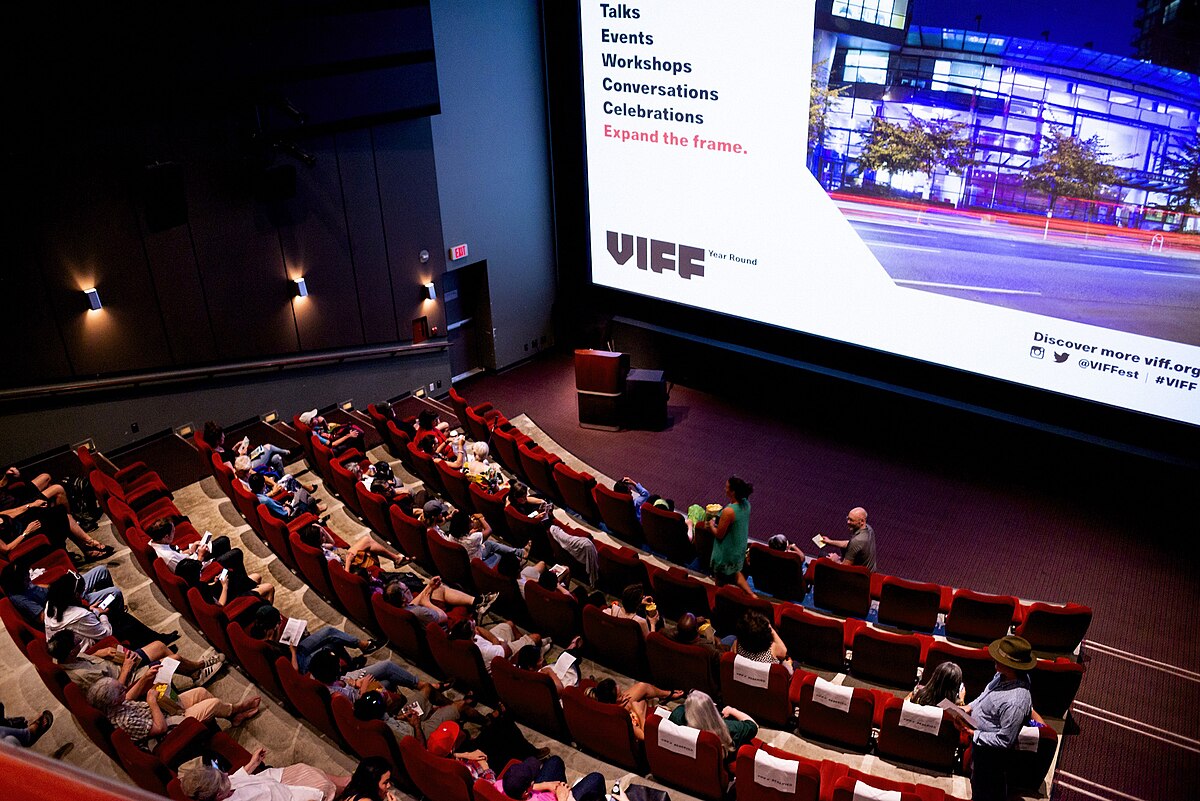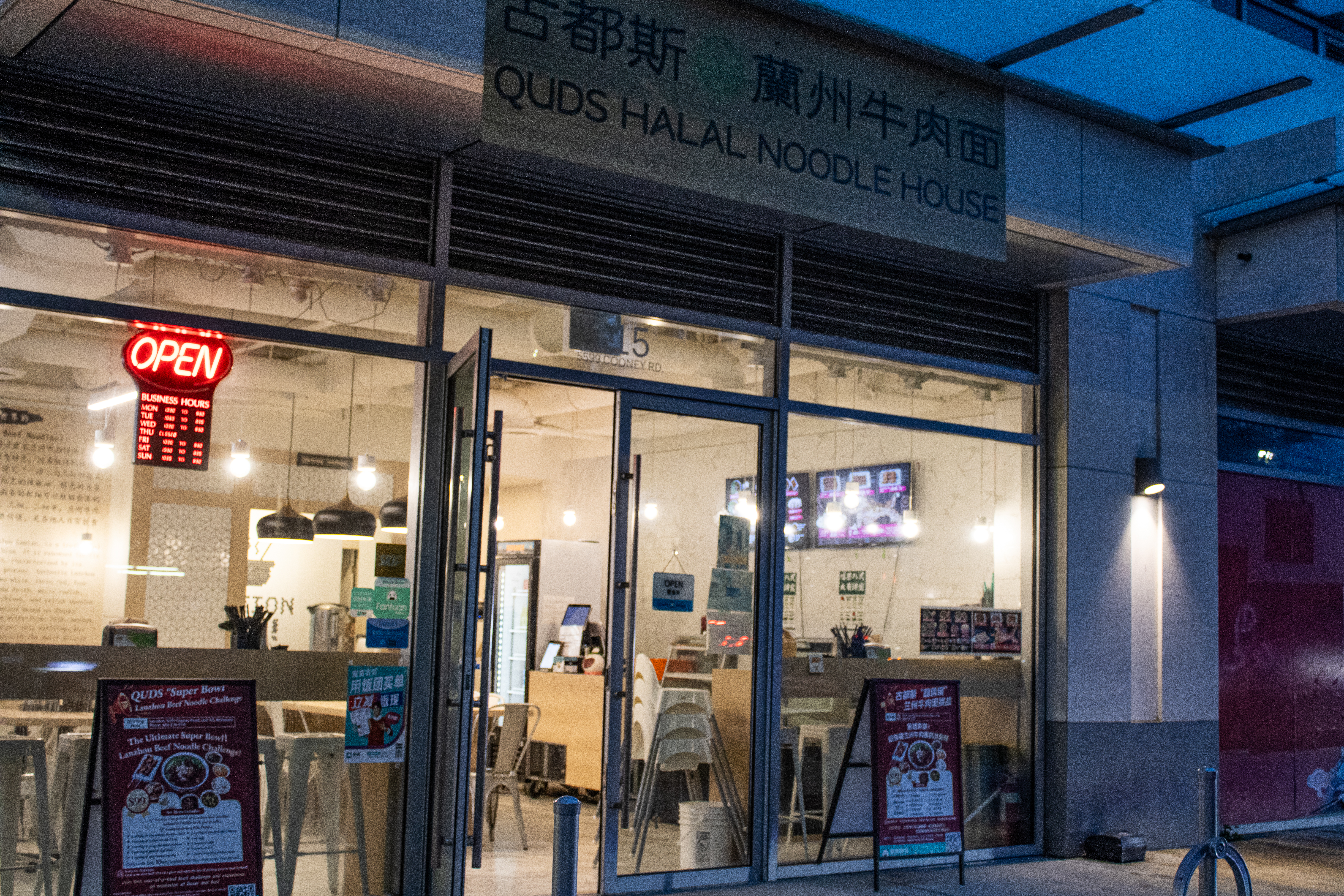By: Lucaiah Smith-Miodownik, News Writer
On October 7, a Reddit user posted to r/simonfraser concerning the possibility of a dining worker strike across SFU’s Burnaby campus. The message, which is from Contract Worker Justice (CWJ) @SFU, asserted that SFU “hasn’t budged on insourcing workers and is now trying to walk back its commitments to living wage.” The post also mentioned “a very heated labour environment on campus with several possible strikes and actions for precarious workers upcoming.”
The Peak corresponded with Preet Sangha, a UNITE HERE Local 40 union representative, who spoke with two dining hall employees and forwarded their responses to us via email. Local 40 “represents workers throughout BC who work in hotels, food service, and airports.” Names have been changed to protect their identities. The Peak also reached out to CWJ but did not receive a response by the publication deadline.
“Working conditions are horrible, people often skip bathroom breaks and even return to their station earlier so work doesn’t pile up,” Luke said. “Imagine how mentally drained most of us feel at the end of the day.”
“A coworker of mine was standing in a few inches of water in the dish room one day. He was told to continue working because there was no solution, and dishes needed to be done. His socks and shoes were soaked,” another dining hall worker, Kam, told The Peak.
“For many of us, this job has been our entire life,” said Luke. “We have been here for decades. I feed these kids like they are my own,” he added. “They are our future, and I want to make sure they are well taken care of. That can only happen if the workers here are treated fairly.”
As of earlier this year, dining hall workers make $22.60/hour. For Metro Vancouver, Living Wage BC lists the living wage as $27.05 per hour.
“Once we buy our transit pass or parking pass for work, and pay our bills, most of us have nearly nothing left over,” said Luke. “A coworker of mine, who has a toddler, was crying to me about groceries. She said she felt so guilty leaving behind a packet of cookies that her daughter really likes,” Kam added. “She has to cut costs and so she felt that she should only be grabbing the basics [ . . . ] this is the situation for many of our workers.”
The Peak also asked about SFU’s living wage employer commitments, last outlined by the university in January.
“It’s all talk, no action on SFU’s part,” said Luke. “It seems like SFU is more interested in telling people they are a living wage employer rather than actually being one,” added Kam. “If SFU wouldn’t hire an employee who isn’t fit for the job, then why are they hiring a contract company who isn’t fit for the job? It’s hypocrisy. They need to do better,” he said. SFU does not employ dining hall workers directly; instead, it contracts through the food service company Compass. SFU stated that “matters relating to their specific working conditions should be addressed with Chartwells,” a sector of Compass.
Compass’ website states that it is a “people-centric organization,” noting that “safeguarding the health and safety of our people and customers is our moral responsibility and essential to the success of our business.” They previously reached an agreement with Local 40 around increased pay following SFU’s living wage commitment in 2022. No recent statement has been made available on the matter since workers have raised new concerns.
In the past, SFU has stated that they continue “to implement a living wage for employees who regularly work on our three campuses, whether they are employed directly by the university or by third-party contractors.” They have stated that contract workers have benefits like “access to recreation and fitness facilities, library borrowing privileges, and priority access to on-site childcare.”
“We are in the bargaining process and giving the employer a fair chance to respond; otherwise, we will certainly take action,” Kam told The Peak. “We will strike if that is what it takes,” Luke said.
“Taking care of students is what drives us all to continue our work. We want to continue doing this important work, we are pleading with Compass and SFU to give us the contract we deserve.” — Kam, dining hall employee

